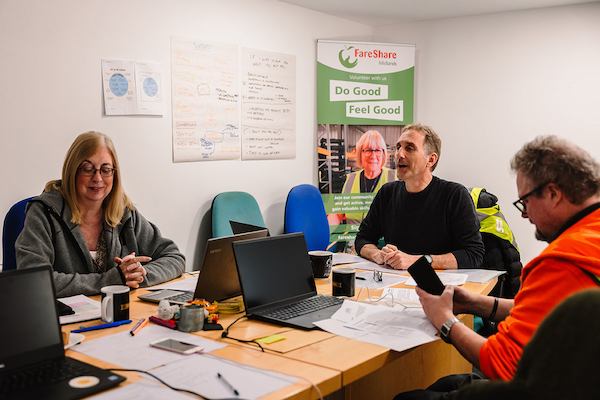Sadly, as our research shows, people are not always working out of choice and it’s anything but positive if those planning to work beyond state pension age out of necessity, are doing so in roles that are counterproductive to both their own health and longevity.
We have a wide gulf in life expectancy between rich and poor, and this may be a key driver of the difference in survey responses we saw. In a recent release, the ONS found that the gap in life expectancy at birth between the most, and least deprived areas of England was 9.4 years for males and 7.4 years for females – which is staggering enough. But they also found that the gap in ‘healthy life expectancy’ was 19.1 years and 18.8 years respectively. When healthy life expectancy was adjusted from birth, to those who have already reached the age of 65, they found that on average, men who are resident in the most affluent areas of England could expect 13.3 years of further good health from 65, but for residents in the most deprived areas, this drops to only 5.8 years.
This stark health inequality in later life may explain why the prospect of working into retirement is not a pleasurable idea for someone with only 5.8 years of healthy life ahead of them. But for those lucky enough to be expecting many more years of good health, the idea of a phased retirement whilst continuing to work part-time can be quite an attractive proposition.


